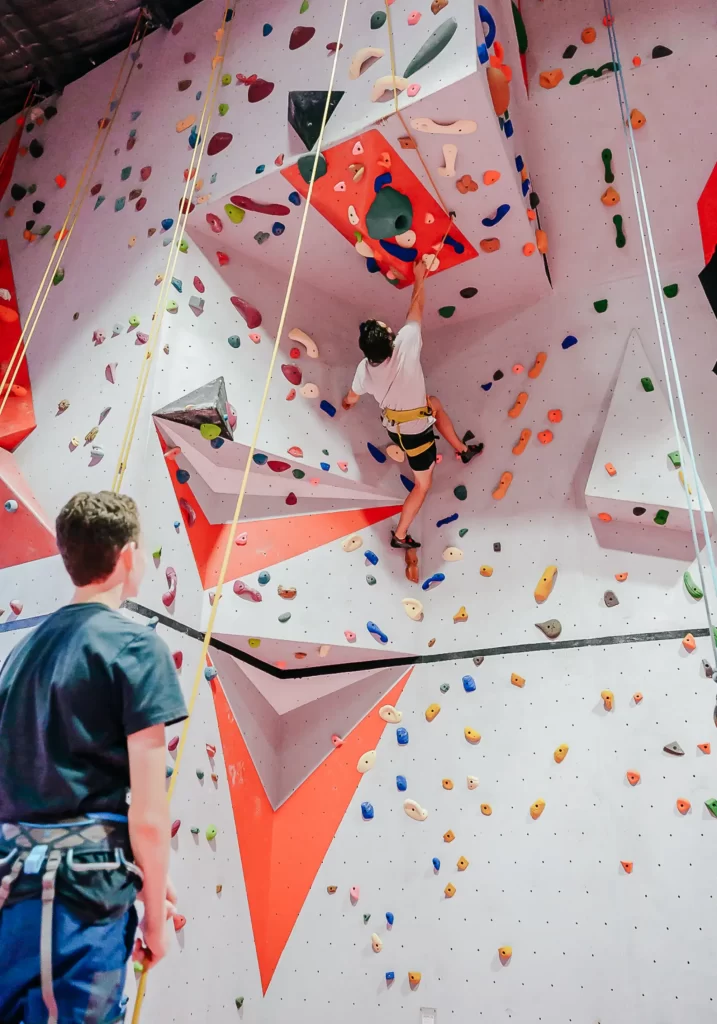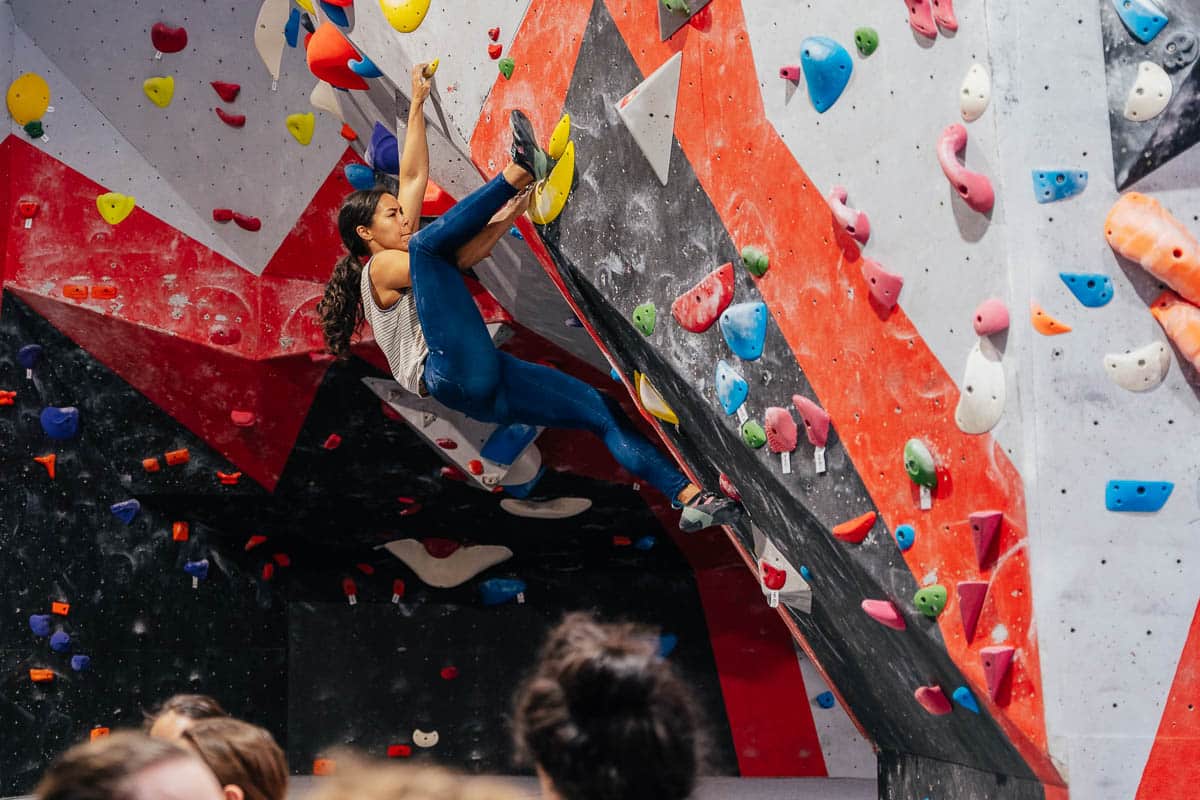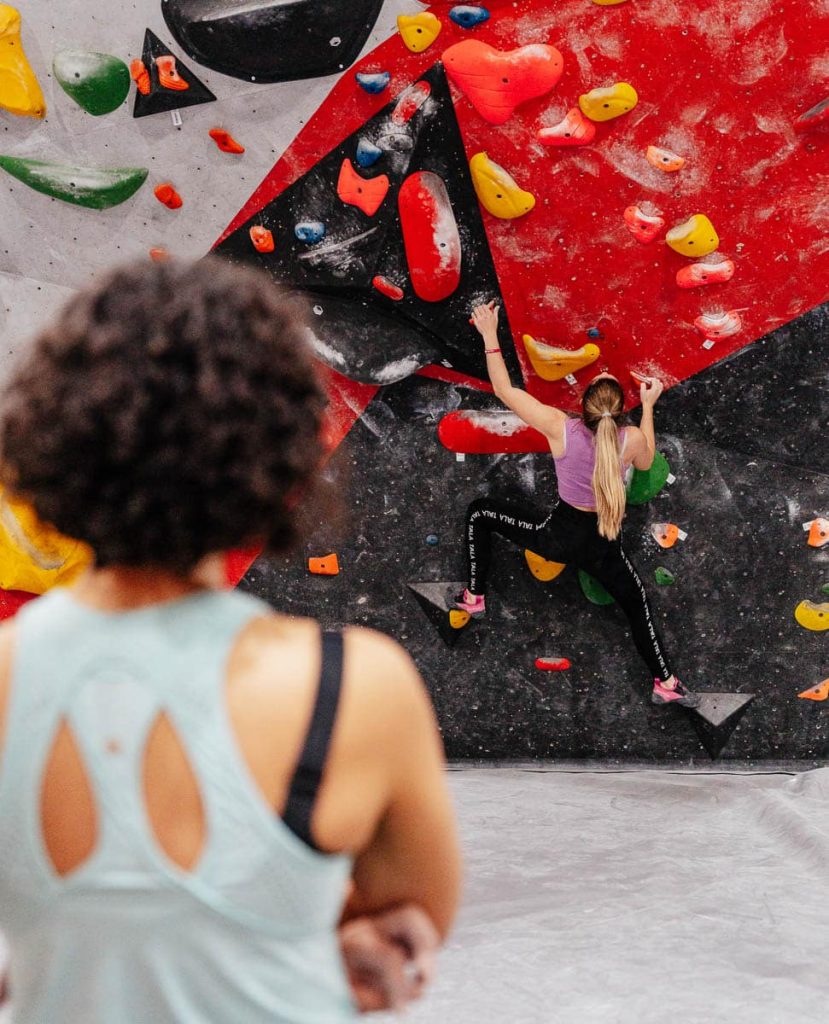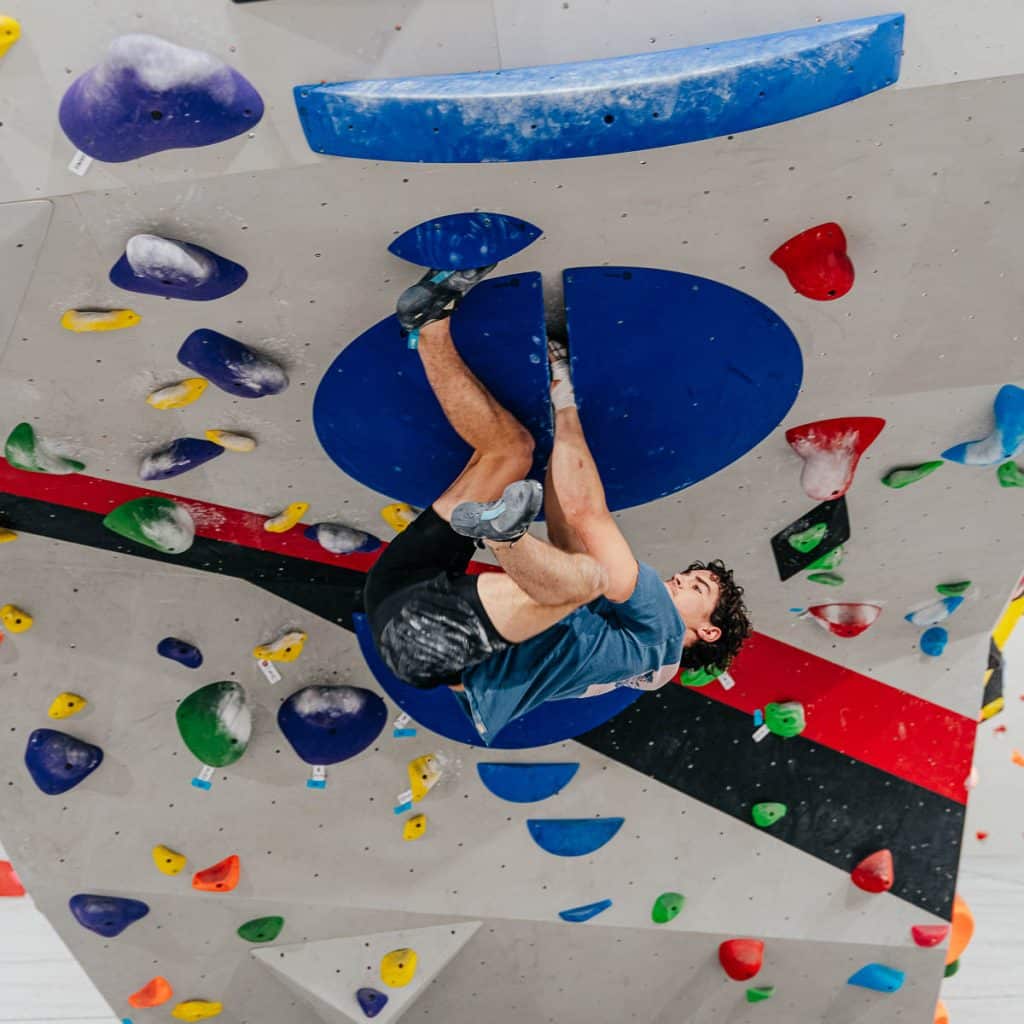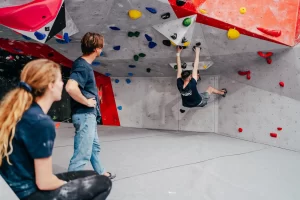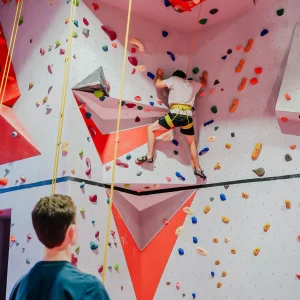Motivation and you!
Motivation and you!
It happens to us all. We organise to go climbing for the weekend with a mate, everything is planned from the time we leave, where we are going, who is taking what and what we are going to do whilst there. You’re excited, finally you are looking forward to going somewhere on the weekend, doing something with yourself. You lay in bed happy knowing tomorrow you’ll be hitting the crag, a little more excited than sleepy you try to drift off and dream about the day that awaits you. Then in the early hours of the next morning, when your more asleep than awake, you hear a soft yet disturbing sound, beep beep, beep beep. One sound and straight away you know what’s going to be the end result of it. Old mate you organised to go climbing with messages you. It reads something like “Hey _______, sorry dude. I’m not feeling up to it today, had a few drinks last night and it turned a bit messy. I am really sorry, maybe another time.”
Bouldering can be described somewhat of a singular sport, recreation or type of art. However, the experience is far more enjoyable (and safer) if it is shared with someone else. Climbing obviously you are reliant on a partner to belay, share beta, etc. You can (if motivated enough) just rock up at a popular crag such as Shipley, Centennial Glen, etc strike up a conversation with a stranger and ask them for a catch. Generally climbers are more than happy to belay someone and get to know another fellow climber.
I have been climbing now for around 12 years, I consider motivation to be the BIGGEST reason as to why I have succeeded on the hardest things I have done. If you were to ask any climber I am sure they would all say something similar. Think about it, think of a moment where you have succeeded in life, doesn’t even have to be climbing related. I bet you were driven and there was a fire in your belly. When it comes to motivation I tend to think there are 3 types of people.
1. Total frothers – You know who I am talking about. The people who are full on, everything is about the activity they are doing at the time, their dreams, training, exercise, everything. I have woken up at times finding myself crimping the edge of the bed. Unfortunately, I find generally these people (including myself) often cannot sustain such high levels of focus. This doesn’t really matter as they tend to find something else to froth over. At times these people can revert to the second type of person described below. I think this is common as sustaining this high level of motivation can bring about great highs but also great lows.
2. Plodders – These people will mosey on with a somewhat constant state of motivation, no great highs though no great lows. These people likely have a good balance in their life as they mix and mingle recreations and other parts of their life. A good way to be really, I find being a frother can sometimes affect negatively on other parts of your life.
3. Whatevers – These people just do whatever and are happy to just roll with everyone else. I have no doubt that these people are motivated on something, though maybe it is just not climbing. At times I wish I were one of these people, relaxed, a chilled attitude with not a care in the world. Who wouldn’t want that?
So………… how do we as climbers keep motivation levels high?
Goals! These are essential in retaining high levels of motivation. However, there is no point just saying “my goal is to be the best climber I can be” or “I want to do the hardest route in Australia” or “ I want to lead 30 trad by the end of the year” when you currently lead 22 trad. The acronym “SMART” can be used to help you determine your future goals. Your goals need to be:
S – Specific (for example, I am going to improve my contact strength for this particular route)
M – Measurable (You need to be able to measure if you are improving or not)
A – Attainable (Your goals need to be achievable, able to be accomplished)
R – Realistic (Something which is practical, very similar to Attainable)
T – Timely (You have to put a time limit on your goals, a very big part to motivation)
I think many of the above speak for themselves though I just want to mention the last, Timely. If I were to list them in order of importance, this one in my view is the most crucial. Having a time limit on something really gives you the drive to get it done. I am sure many of you reading this are, or have been at Uni. Otherwise I am sure all of you have had some sort of major dead line where the due date was not negotiable. Think of an assignment which was due in the coming days where you hadn’t even started yet. Yep, straight away you stop procrastinating, put the jug on and get to work. The same can be said for our fitness goals. That’s partially why periodisation (something I’ll write about later) works so well. You always have a focal point, something to achieve within a limited time frame. If you are close to achieving something I guarantee you will be motivated to work a little bit harder to get it done. If it is then replaced by another goal, you are somewhat continually motivated to not only train but to not ditch your mate after you have a big night out.
Now hopefully you finish this article, get out some paper and start writing some goals, but before you do be aware that you need multiple goals. You need short, medium and long term goals. I am sure if you speak to different people their idea of a short, medium and long term goals are going to be different to mine. Obviously if you make such goals you need to set aside time to actually get them done. For me I would say short term goals are within the season ie 3 months, medium 6 months and long term could be a year or even longer. The people who know me best, know I’ve had long term projects for years and still I have not done some of them, yet…..
Lastly, many things contribute to you attaining your goals, some of which are outside of our control. The training you did in the lead up, time allocated to rest, level of arousal, conditions, atmosphere, pain threshold, etc. In today’s society we live a busy life, it is easy to neglect our training days as we are tired and feel drained from the day we have just had. However, if you just commit to warming up and seeing how you feel, 99% of the time you will end up training and will be glad you did.
Pete Tosen

